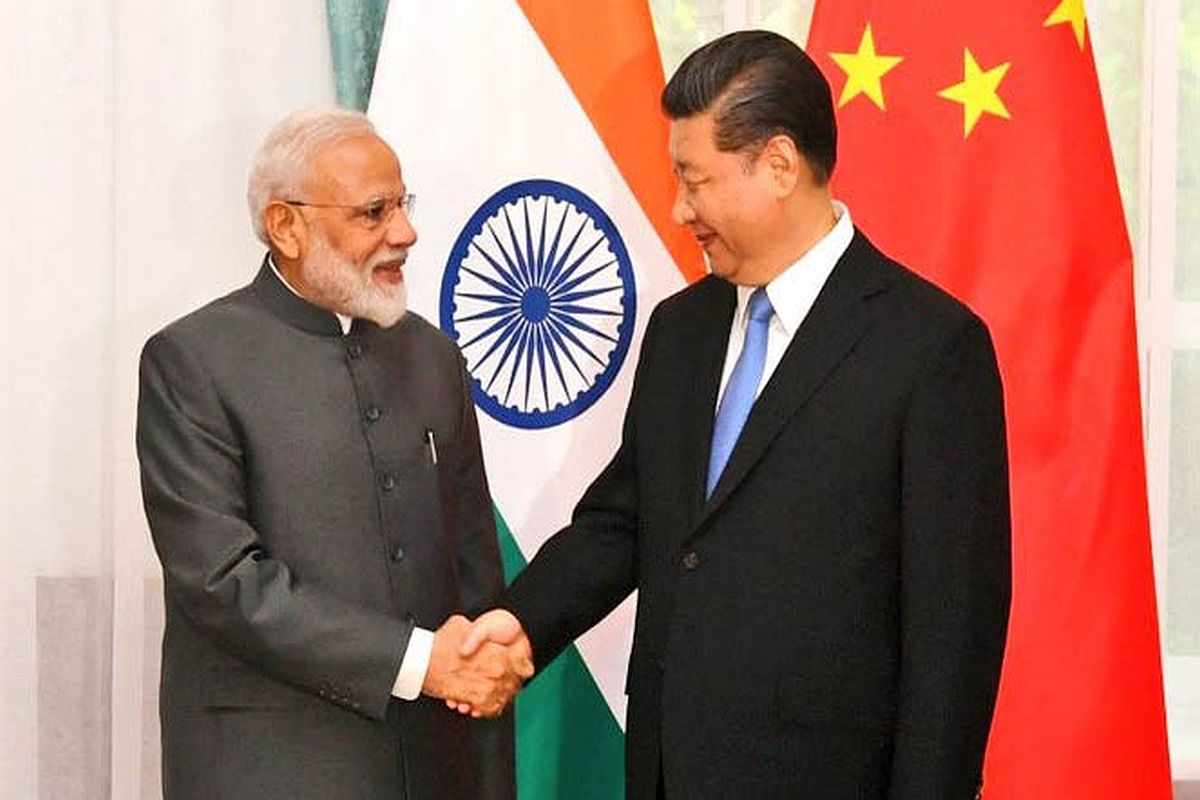Kazan BRICS Statement calls for “fairer” world order
The Statement said, “We welcome the considerable interest by countries of the Global South in BRICS and we endorse the Modalities of BRICS Partner Country Category.”

The Statement said, “We welcome the considerable interest by countries of the Global South in BRICS and we endorse the Modalities of BRICS Partner Country Category.”

Prime Minister Narendra Modi and Iranian President Masoud Pezeshkian on Tuesday held bilateral discussions on the sidelines of the BRICS Summit in the Russian city of Kazan.

More than 10 per cent of registered voters in the US had already voted by Tuesday with election day still two weeks away.

The level of uncertainty surrounding the global economic outlook is high, the report noted on Tuesday

Prime Minister Narendra Modi is set to hold a bilateral meeting with Chinese President Xi Jinping -- their first since the 2020 Galwan clash -- on the sidelines of the BRICS Summit in Russia's Kazan on Wednesday.
The trade balance marked red ink for the fourth month in a row with imports rising for the 10th consecutive month on growing prices of crude oil from producers such as the United Arab Emirates.
As a result, 140,000 jobs were lost, according to the survey and figures of the Hellenic Statistical Authority (ELSTAT).
According to the 2021 Asia and the Pacific Regional Overview of Food Security and Nutrition, in this region alone, more than 1.1 billion people did not have access to adequate food in 2020 -- an increase of almost 150 million people in just one year.
The assistance will be on top of compensation for losses caused by the restricted business hours, and details will be announced later.
On Wednesday, the Rwandan Ministry of Health announced that the first six cases of Omicron variant had been confirmed in the country